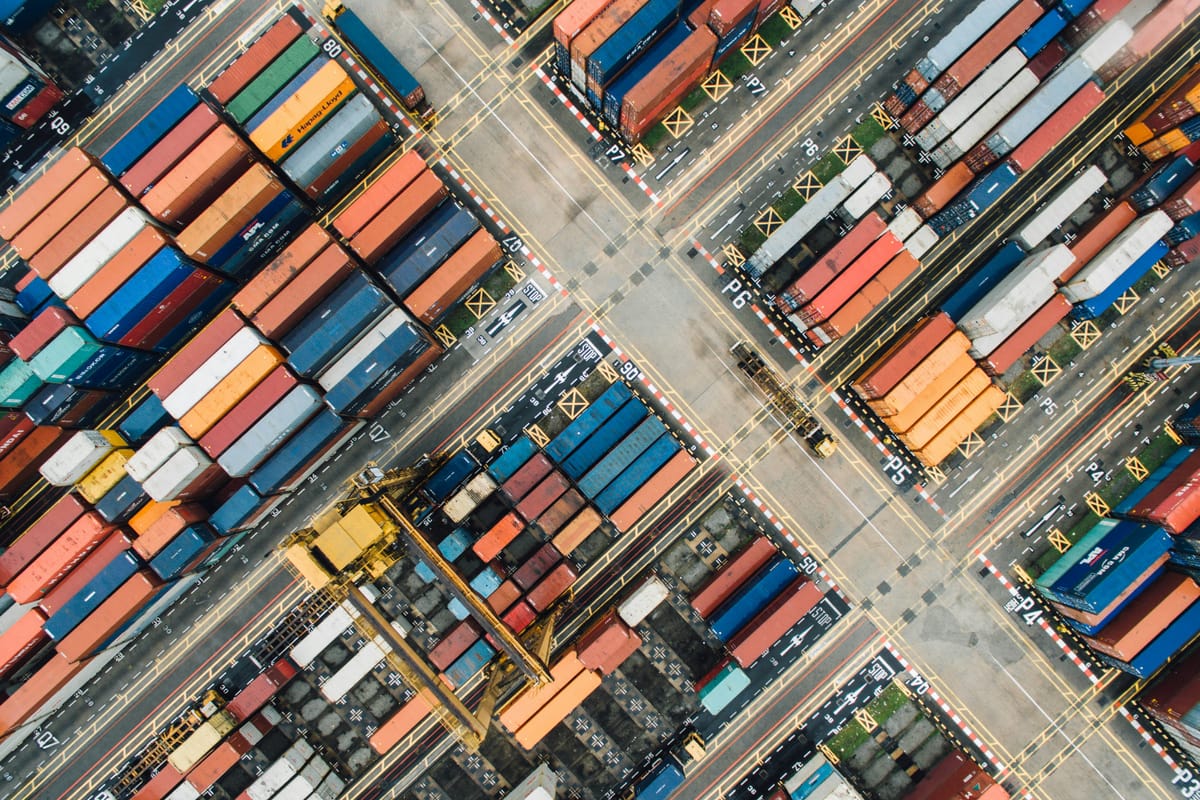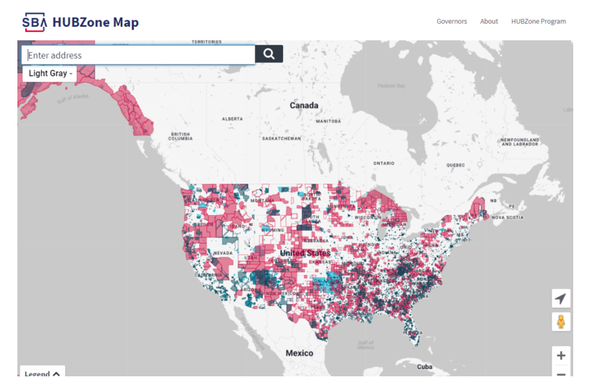Transportation Logistics

The government needs gig economy drivers, truckers, and transportation logistics for several important reasons:
- Economic Growth and Trade: Transportation logistics, including trucking and gig economy drivers (such as those working for ride-sharing or food delivery services), are crucial for facilitating economic activities. They ensure the efficient movement of goods and people, supporting businesses, trade, and commerce.
- Supply Chain Management: Truckers and logistics providers play a pivotal role in managing supply chains. They transport raw materials, goods, and products from manufacturers to distributors, retailers, and consumers. Efficient logistics operations are essential for maintaining supply chain continuity and meeting consumer demand.
- Infrastructure Development: Governments invest in transportation infrastructure (such as roads, highways, bridges, and ports) to support the movement of goods and people. Truckers and gig economy drivers utilize this infrastructure to deliver services and products efficiently across regions and countries.
- Public Safety and Regulation: Governments regulate transportation services to ensure public safety, fair labor practices, and environmental protection. Regulations cover aspects such as driver licensing, vehicle safety standards, working conditions, and emissions control. Compliance with these regulations helps maintain safety standards and protect the environment.
- Emergency Response and Disaster Relief: During emergencies, such as natural disasters or public health crises, transportation logistics are critical for delivering emergency supplies, medical equipment, and humanitarian aid. Truckers and gig economy drivers often play a vital role in supporting disaster relief efforts and ensuring timely assistance to affected communities.
- Urban Mobility and Public Transit: Gig economy drivers contribute to urban mobility by providing on-demand transportation services through ride-sharing platforms. Governments collaborate with these services to improve urban transit options, reduce congestion, and enhance accessibility for residents.
- Job Creation and Economic Opportunities: The transportation sector, including gig economy driving and trucking, provides employment opportunities for a diverse workforce. Governments support policies and initiatives that promote job creation, skills development, and fair labor practices within the transportation industry.
In summary, gig economy drivers, truckers, and transportation logistics are integral to the functioning of economies and societies. Governments rely on these sectors to facilitate trade, manage supply chains, ensure public safety, support infrastructure development, respond to emergencies, and create economic opportunities for individuals and businesses.




